DESCRIPTION
Dr. Miller sits down with Dr. Owen Anderson who is a philosophy professor at Arizona State University. Dr. Anderson shares some of his experience of anti-Christian bias and he’ll raZe the roof on these five atheist myths: 1) Christian can’t be scholars, 2) Christians can’t be philosophers, 3) Christians can’t be critical thinkers, 4) Christians can’t be good doctors, and 5) Christians can’t be objective. The guys close with a look at how Christian professors can positively engage and teach their students in a hostile culture.
TODAY’S STORIES
ASU West Professor to GCU: You're not real scholars you're evangelicals by Owen Anderson
Religion Vs Science: Can The Two Coexist? | Neil deGrasse Tyson via YouTube
Savulescu, Julian. “Conscientious Objection in Medicine.” BMJ 332, no. 7536 (294–297. http://dx.doi.org/10.1136/bmj.332.7536.294.
Sociologist’s Paper Raises Questions on Role of Faith in Scholarship from NY Times
When the Vise Tightens: How my Faith Helped Me Navigate a Hostile, Politicized Science Dr. Regnerus via YouTube
TODAY’S GUEST
Owen Anderson has been teaching philosophy and religious studies for 21 years and is a professor of philosophy and religious studies at Arizona State University. His research focuses on general revelation and related questions about reality, value, and knowledge. Dr. Anderson has been a fellow at Princeton University, a visiting scholar at Princeton Seminary, and a fellow at the University of Colorado, Boulder. He has published seven books, including two from Cambridge Press, The Natural Moral Law and The Declaration of Independence and God. Dr. Anderson studies rational presuppositionalism and how it approaches basic questions about God and the good. You can get the latest from Owen on his Substack.
DISCUSSION POINTS
Below is a list of just a few of the big ideas discussed in this episode. Subscribers, feel free to weigh in with your own ideas and join me in the conversation.
Exploring Bias in Academia
How does Dr. Owen Anderson's experience with anti-Christian bias at Arizona State University illustrate broader issues of discrimination in academia?
What steps can be taken to create a more inclusive environment for Christian scholars?
Challenging Stereotypes
The podcast covers five myths that atheists have about Christians. Which of these myths do you find most surprising or problematic, and why?
How can these myths be effectively challenged and debunked in academic and social settings?
Role of Philosophy and Faith
Dr. Anderson describes how his faith influenced his philosophical studies. In what ways can religious beliefs and philosophical inquiry complement each other?
Are there potential conflicts, and how can they be navigated?
Impact of Early Education
Both Dr. Miller and Dr. Anderson mention the significant impact of their early education and access to books on their intellectual development. How important is it for children to have access to books from different worldviews?
What role do parents and educators play in fostering a love for learning?
Navigating Hostile Work Environments
Dr. Anderson describes his workplace as fitting the legal definition of a hostile work environment due to his faith and identity. How should individuals and institutions address and remedy such situations?
What are the legal and ethical considerations involved?
Hypocrisy and Evangelism
Dr. Anderson suggests that public exposure of atheist hypocrisy creates an opportunity for evangelism. What are the ethical implications of this approach?
How can one balance the desire to evangelize with respect for others' beliefs and the importance of genuine dialogue?








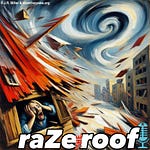
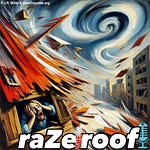

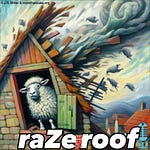
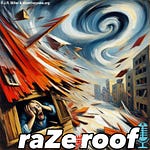

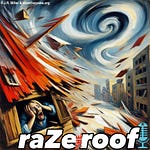
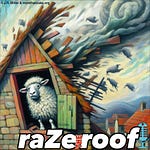
Share this post